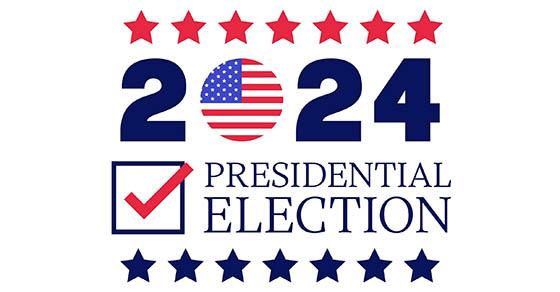How the U.S. election changes the outlook for taxes

The outcome of the November 5 election is likely to significantly impact taxes. Many provisions in President-elect Donald Trump’s signature tax legislation from his first time in the White House, the Tax Cuts and Jobs Act (TCJA), are scheduled to expire at the end of 2025. Now, there’s a better chance that most provisions will be extended.
This is especially true as Republicans have won back a majority in the U.S. Senate. As of this writing, Republicans have 52 seats, with a few seats yet to be called, so their majority could grow. The balance of power in the U.S. House of Representatives remains up in the air, with quite a few seats yet to be called.
In addition to the TCJA, the former and future president has suggested many other tax law changes during his campaign. Here’s a brief overview of some potential tax law changes:
Expiring provisions of the TCJA. Examples of expiring provisions include lower individual tax rates, an increased standard deduction, and a higher gift and estate tax exemption. The president-elect would like to make the TCJA’s individual and estate tax cuts permanent. He’s also indicated that he’s open to revisiting the TCJA’s $10,000 limit on the state and local tax deduction.
Business taxation. President-elect Trump has proposed decreasing the corporate tax rate from its current 21% to 20% (or even lower for companies making products in America). He’d also like to expand the Section 174 deduction for research and development expenditures.
Individual taxable income. The president-elect has proposed eliminating income and payroll taxes on tips for restaurant and hospitality workers, and excluding overtime pay and Social Security benefits from taxation.
Housing incentives. President-elect Trump has alluded to possible tax incentives for first-time homebuyers but without specifics. The Republican platform calls for reducing mortgage rates by slashing inflation, cutting regulations and opening parts of federal lands to new home construction.
Tariffs. The president-elect has called for higher tariffs on imports, suggesting a baseline tariff of 10%, with a 60% tariff on imports from China. (In speeches, he’s proposed a 100% tariff on certain imported cars.)
Which extensions and proposals will actually come to fruition will depend on a variety of factors. For example, Congress has to pass tax bills before the president can sign them into law. If you have questions on how these potential changes may affect your overall tax liability, please contact us.
© 2024





